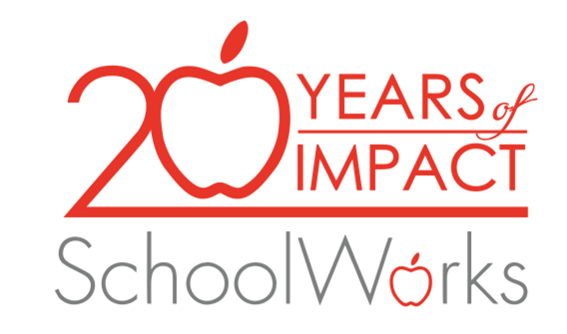How to Promote Adoption of Targeted Instruction Techniques in the Early Stages of PL Implementation
Over the past several years, SchoolWorks has gained deep expertise in developing and implementing successful personalized learning (PL) programs, as well as helping schools assess their readiness to adopt PL. In this post, SchoolWorks shares some tips for schools that are in the early stages of PL implementation to promote adoption of targeted instruction techniques among teaching staff.
What is Targeted Instruction?
One of the core elements of Personalized Learning, Targeted Instruction is the alignment of specific student needs to established learning goals. Teachers use data to identify and categorize student needs and then provide instruction to meet those needs via adaptive content and/or methods. This strategy relies on continual assessment and observation to determine initial learning levels, measure student progress, and refine program components accordingly. While targeted instruction isn’t a new concept, it does change the role of the teacher in some fundamental ways. To manage the change process, our work has surfaced the following key strategies:
- Clearly Articulate the Vision: Educators have vastly different interpretations of the term “personalized learning.” While some believe that any kind of instructional differentiation can be considered personalized, others envision PL to be so technology-driven that the teacher ultimately becomes obsolete. For successful programs, the reality exists somewhere in the middle: students doing work that is relevant to their needs at their own pace, with highly engaged teachers who continually analyze data to determine exactly what each one needs and when. To implement such a model, it is essential to articulate a precise personalized learning vision from the very beginning, and share that definition with everyone involved.
- Hire Rock Star Teachers: The role of a successful PL teacher differs from that of a “traditional” classroom teacher. Beyond facilitating instruction, the PL teacher must analyze data in nuanced ways and constantly adjust content and methods to meet each student’s individual needs. They must also be comfortable with change as the program evolves over the first year and beyond. As these skills are certainly advanced, teachers who are successful at implementing personalized learning are (not surprisingly) considered to be “rock stars” in their profession.
To attract the right candidates, it is essential to share as much information as possible during job interviews with prospective teachers about 1) what personalized learning looks like in classrooms, 2) the types of work they will do, and 3) the amount of work personalized learning entails (which is quite a bit, especially in the beginning). This is not meant to scare away prospective applicants, but rather to ensure that new hires are highly skilled, motivated teachers who thrive on the challenge and autonomy of personalized learning and are committed to the hard work required. - Evaluate Progress Constantly: Once implementation is underway, school leaders must constantly monitor student progress with a critical eye to determine what elements of targeted instruction are working, what elements are not working, and why. For example, if students are not meeting progress benchmarks, engage in deeper analysis. Is the curriculum challenging enough? Is the frequency of the content reinforcing skills development? Do students possess proper foundational skills? Reactionary supports must respond to root causes, and it is not always the content or the process that is inhibiting program success. Administrators should accept that some level of change is inevitable as the program gets started, and then seek small modifications that meet specific challenges rather than changing the course prematurely.
One of the best ways to ensure a successful personalized learning program is to seek expert help. SchoolWorks supports personalized learning programs in schools across the country and partners with Summit Learning to provide expert guidance on their approach. Our consultants can help your school team review and research models to determine your PL plan, assess the effectiveness your current program, and develop a process/framework for monitoring success. Click to find out more about SchoolWorks Personalized Learning Reviews.

